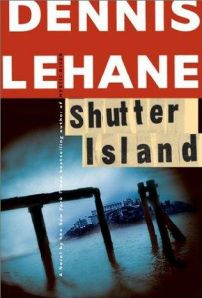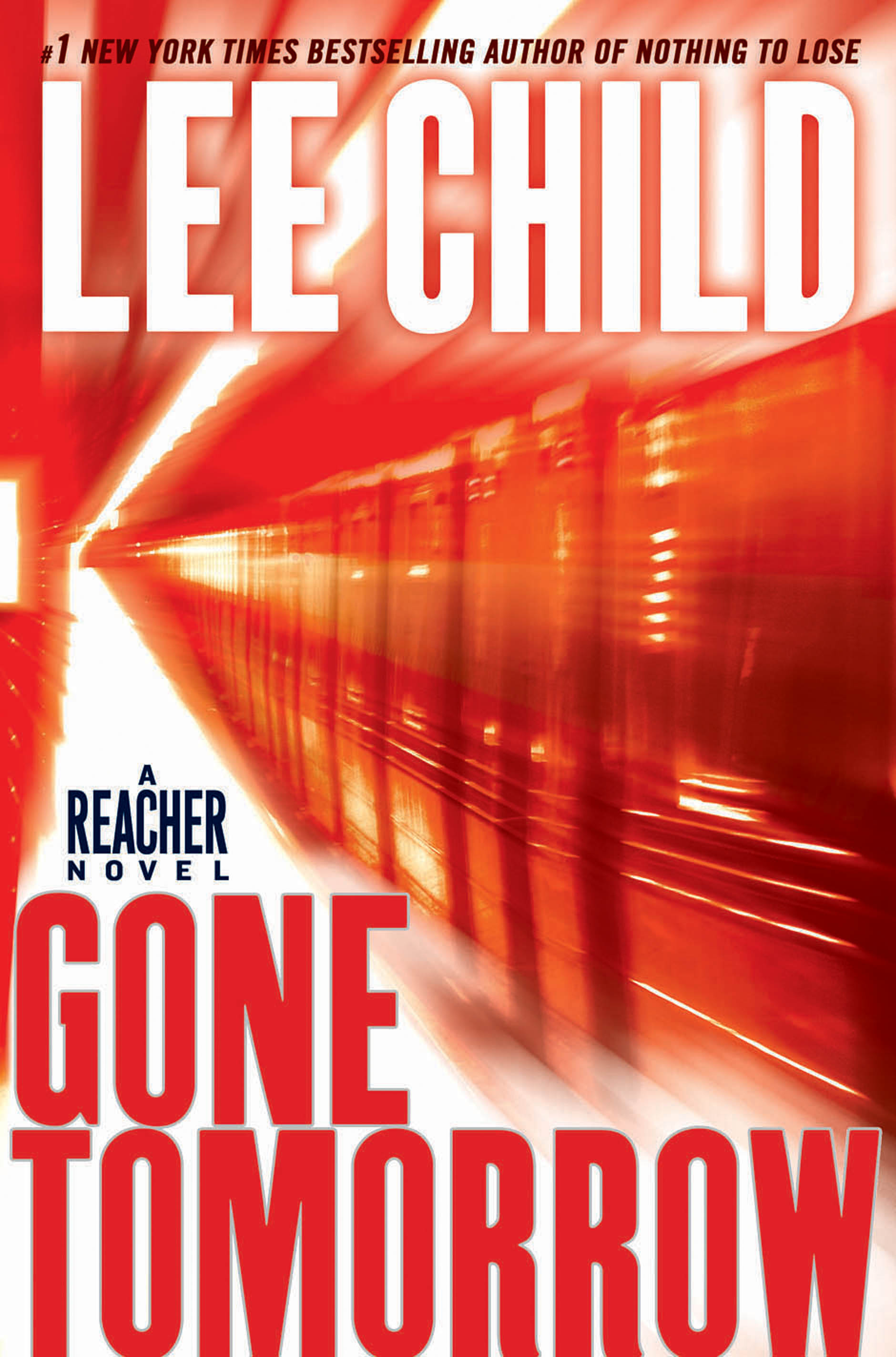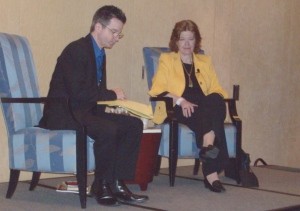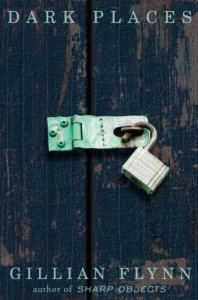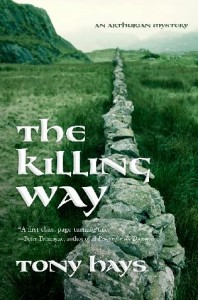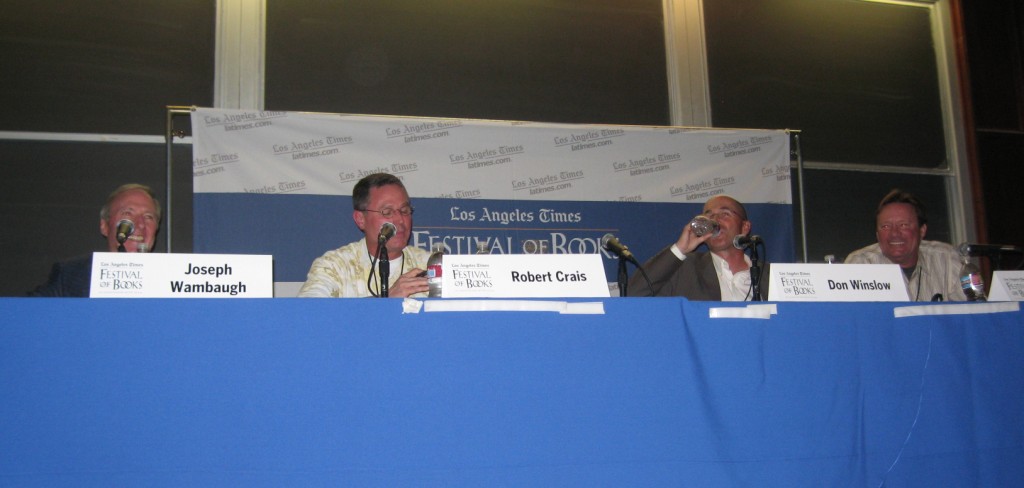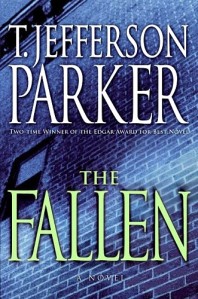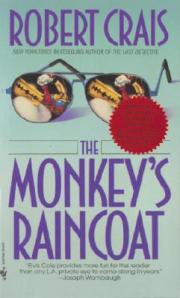 Carlos Ruiz Zafon’s international phenomenon, The Shadow of the Wind, is a luscious epic about how the love of books can transform and even save lives. Zafon could’ve been writing about readers’ feelings towards Shadow itself. Therefore, it was with great elation that I began reading his follow-up, The Angel’s Game (out June 16 in the U.S.). Alas, it’s not as strong as Shadow but still an impressive accomplishment.
Carlos Ruiz Zafon’s international phenomenon, The Shadow of the Wind, is a luscious epic about how the love of books can transform and even save lives. Zafon could’ve been writing about readers’ feelings towards Shadow itself. Therefore, it was with great elation that I began reading his follow-up, The Angel’s Game (out June 16 in the U.S.). Alas, it’s not as strong as Shadow but still an impressive accomplishment.
Set in Barcelona in the 1920s, the gothic tale revolves around David Martin, a sickly writer who makes a deal with an enigmatic publisher to write a book perhaps to rival the Bible. The publisher, Andreas Corelli, offers him an astronomical advance but the real incentive is the promise that Martin’s health would be restored. As Martin researches his project, he discovers similarities between his situation and the mystery surrounding the previous owner of the house he’s renting. Apparently, the man was also a writer who went mad while working on a book for an unknown publisher and ultimately killed himself. Or did he? As Martin investigates, more people start dying around him and Martin wonders what he’d really gotten himself into.
As with Shadow, Zafon’s prose (translated by Lucia Graves) is breathtaking. Here’s the opening paragraph:
A writer never forgets the first time he accepted a few coins or a word of praise in exchange for a story. He will never forget the sweet poison of vanity in his blood, and the belief that, if he succeeds in not letting anyone discover his lack of talent, the dream of literature will provide him with a roof over his head, a hot meal at the end of the day, and what he covets most: his name printed on a miserable piece of paper that surely will outlive him. A writer is condemned to remember that moment, because from then on he is doomed and his soul has a price.
Are you nodding your head, thinking, “I know exactly what he means?”
Zafon also has a winning sense of humor. He describes Martin’s newspaper editor thusly:
Don Basilio is a forbidding-looking man…who did not suffer fools and who subscribed to the theory that the liberal use of adverbs and adjectives was the mark of a pervert or someone with a vitamin deficiency.
And when Martin tells Don Basilio he writes crime fiction:
If I’d said I devoted my time to sculpting figures for Nativity scenes out of fresh dung I would have drawn three times as much enthusiasm from him.
Passages like these helped me get through the middle part, which was bogged down by didactic theological discussions. Zafon raises important questions about many topics—morality, the nature of faith, immortality, obsessive love, to name a few—but sometimes I wished the narrative would stay on one track instead of diverting to another.
Also, it’s ironic that Corelli wants Martin to write a fable to avoid preachiness, but Zafon sometimes uses a heavy hand to hammer home certain points. The ending felt a bit rushed but it reveals the connection between this and Shadow, though both are standalones and can be read in any order.
Despite these issues, I still think Zafon is a brilliant writer with a singular gift for lyrical language and evocative imagery. According to this Amazon interview, Zafon promises two more novels involving the Cemetery of Forgotten Books, which is fantastic news. I can say quite confidently his books won’t end up in that cemetery anytime soon.
Nerd verdict: Game remains in shadow of Shadow but is still winning


